 Strong words, right? Whenever I see the words hate and reading this close together, my skin crawls.
Strong words, right? Whenever I see the words hate and reading this close together, my skin crawls.
And yet, I have known many students who have resisted reading with a vengeance. But instead of throwing my hands up, I learned how to strategically market books to students who fought the process.
Give Books Street Cred
“Wait-wait. He read this? He read a book?”
This was a student’s response when I book-talked Boy 21, by Matthew Quick, to him. I ended my spiel saying how much his friend and fellow “non-reader” liked it.
The student was shocked that a.) his friend had read a book and b.) he had actually liked it. That conversation did more for the student than my simply telling him that Boy 21 was one of my favorite books from that summer. Of course I love books. I’m the English teacher. But a resistant reader, reading the book while he was home sick–instead of watching Netflix?
Books need street cred.
Talk a Lot About Books
More than ever, resistant readers need exposure to new books. They also need repeated invitations to read.
When I taught seniors, I made it my point to talk about a new book every day for the first unit. I wanted kids to see my genuine interest, engagement, and happiness that a book gave me. Even though some kids’ eyes glazed over, others were quietly taking note of my recommendations.
In fact, in his final reading reflection, one student described how my daily book talks unexpectedly piqued his interest. This student had struggled to find a book to hold his interest. Add this to frequent absences, and it was easy to view him as a disengaged student.
But by the middle of the semester, he ended up selecting Tim O’Brien’s The Things They Carried to read. Talking freely about a wide range of books opened a door for membership into the reading community–for a student who did not see himself as a reader.
Let Them Hear Other Resistant Voices
Every semester, I introduced independent reading to my classes using Penny Kittle’s interviews of resistant readers. Kittle’s interviews are raw, and students freely share their disdain for books.
At one point, a boy confesses to all the fake reading he had done over his schooling. Kittle follows it with simple empathy: “Has reading always been hard for you?”
I always loved watching kids react to this clip. First, it was interesting to watch many nod their heads when the student began talking about the fake reading he had done. But most of all, I noticed how freeing it was for students to watch another be vulnerable about his reading baggage. I would watch relief cross their faces as they realized that they are not alone in their vulnerability.
If I say reading is hard for me, kids don’t buy it. But if they hear others say so, it has a deep resonance. And then when they hear that same voice share a book they love: it’s magic.
Let Them Quit
The worst thing teachers can do for a resistant reader is force them to read a book they hate. The main reason kids tell me that they don’t read: “’cause it’s boring.” What they really mean is that they don’t like to read boring books.
When students quit, it is key to have another book waiting in the wings. Recently, I book-talked Twisted to a student who admitted he doesn’t read alongside his classmates at the daily read. One of my big selling points was that he could quit if he disliked it. We set a deal: if he read three chapters and disliked it, he could come back for another book. When he left, he assured me that he’d give it a try.
Kids who struggle to read often need to experience a book that makes them feel successful. Repeated invitations to read, exposure to a wide variety of books, and reading autonomy are empowering ways to position non-readers as readers.
 Lauren Nizol (@CoachNizol) is an MTSS Student Support Coach and Interventionist at Novi High School. She has eleven years of classroom experience, teaching English, IB Theory of Knowledge and English Lab. Lauren completed her undergraduate degree in History, English and Secondary Education at the University of Michigan-Dearborn and her Masters in English Education from Eastern Michigan University. She is a National Writing Project Teacher Consultant with the Eastern Michigan Writing Project and an advocate for underperforming students and literacy interventions.
Lauren Nizol (@CoachNizol) is an MTSS Student Support Coach and Interventionist at Novi High School. She has eleven years of classroom experience, teaching English, IB Theory of Knowledge and English Lab. Lauren completed her undergraduate degree in History, English and Secondary Education at the University of Michigan-Dearborn and her Masters in English Education from Eastern Michigan University. She is a National Writing Project Teacher Consultant with the Eastern Michigan Writing Project and an advocate for underperforming students and literacy interventions.

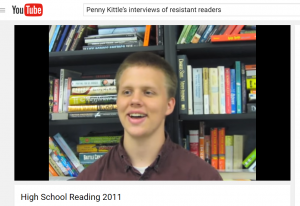

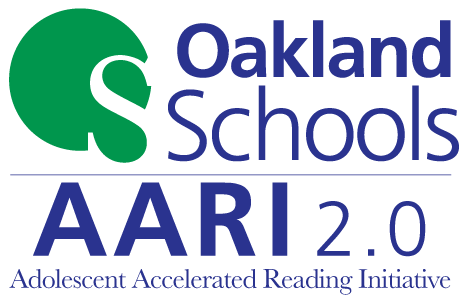
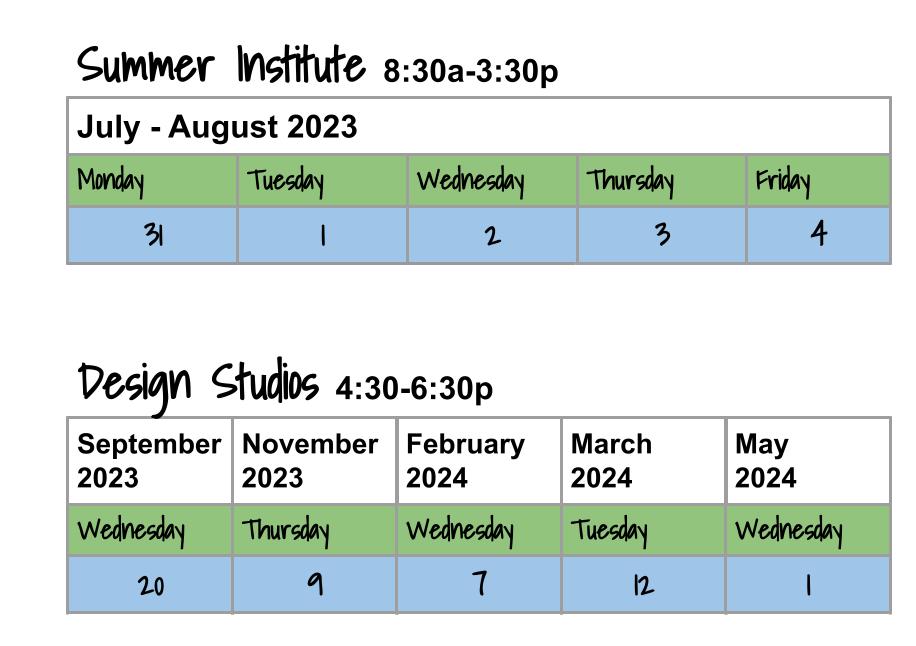


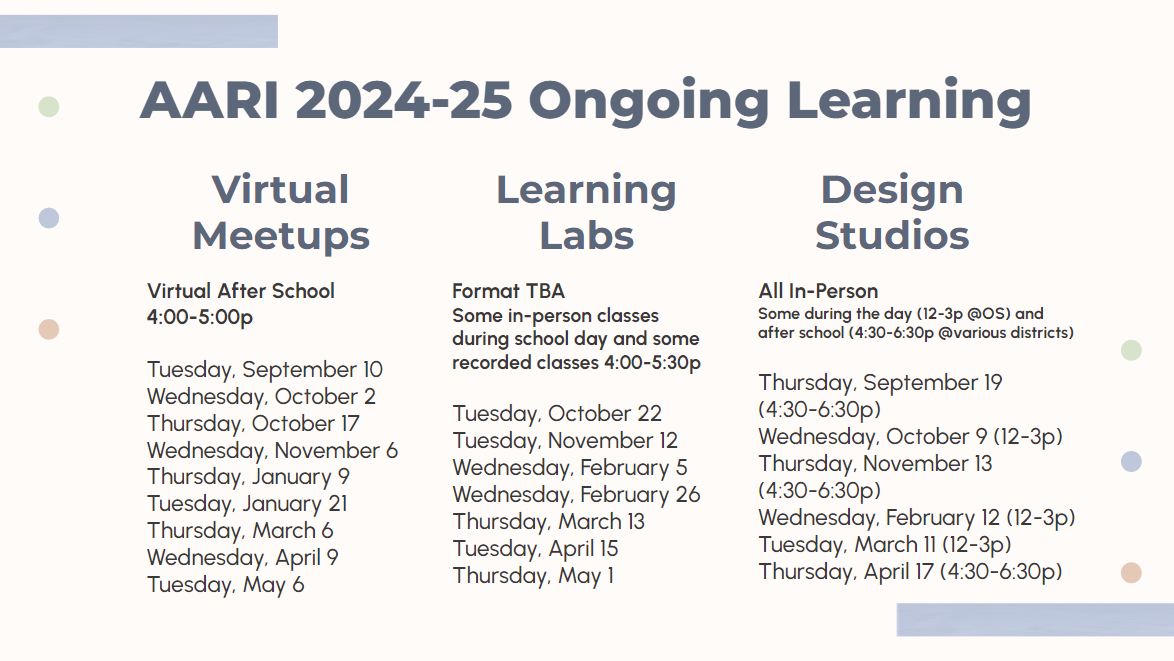
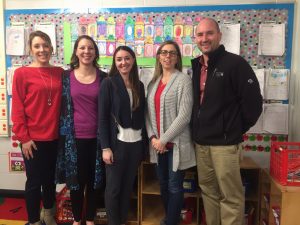
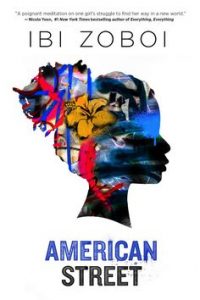 What’s more fun than reading a book set in a place with which you are intimately familiar? To read about restaurants, buildings, and even street names that you know personally is a small thrill.
What’s more fun than reading a book set in a place with which you are intimately familiar? To read about restaurants, buildings, and even street names that you know personally is a small thrill. Bethany Bratney
Bethany Bratney

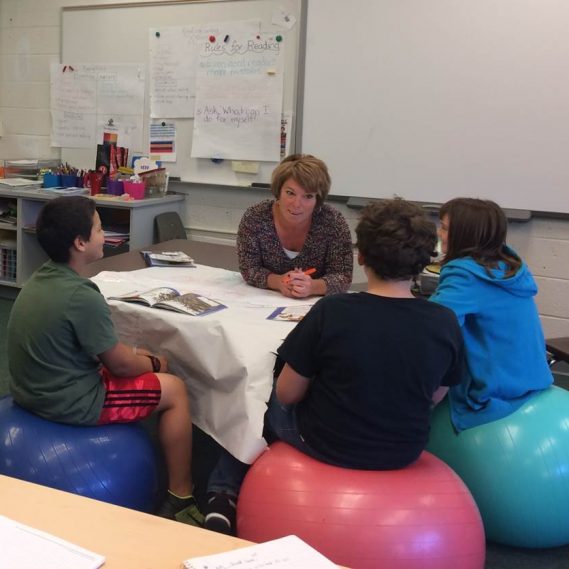
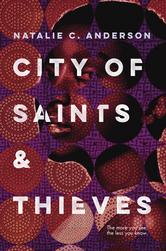 I’ve had frequent conversations about contextual pools lately. I hear more and more of my colleagues speaking about the challenges that arise in teaching their subject matter when the contextual pool of the students is so limited. That is, when our students have very little background knowledge on a subject, it is very difficult for them to learn new material or to garner any interest in doing so.
I’ve had frequent conversations about contextual pools lately. I hear more and more of my colleagues speaking about the challenges that arise in teaching their subject matter when the contextual pool of the students is so limited. That is, when our students have very little background knowledge on a subject, it is very difficult for them to learn new material or to garner any interest in doing so. My youngest daughter is a wonderfully spunky first grader whom people often call “headstrong,” using that tone that suggests they’ll make sure and say a prayer for me later.
My youngest daughter is a wonderfully spunky first grader whom people often call “headstrong,” using that tone that suggests they’ll make sure and say a prayer for me later. There are lots of conversations to be had about this intersection of student interest and assessment. But let’s come back to my daughter for a second. Imagine her ten years from now. Or just look around your own classroom and pick the half dozen or so kids this description fits: She continues to love a good book when someone hands it to her, but she shrinks from most of what a teacher assigns, assuming wearily that it’s more literature that someone else has decided has value–or is being used to test her. If she’s learned to “do school” then she’s compliant but uninterested. If she decides that there are better things to do than complying with assessments, then maybe she’s taking a pass on most of what’s handed to her in an English class.
There are lots of conversations to be had about this intersection of student interest and assessment. But let’s come back to my daughter for a second. Imagine her ten years from now. Or just look around your own classroom and pick the half dozen or so kids this description fits: She continues to love a good book when someone hands it to her, but she shrinks from most of what a teacher assigns, assuming wearily that it’s more literature that someone else has decided has value–or is being used to test her. If she’s learned to “do school” then she’s compliant but uninterested. If she decides that there are better things to do than complying with assessments, then maybe she’s taking a pass on most of what’s handed to her in an English class.
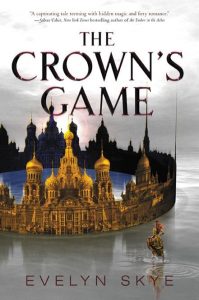 Something about winter calls for a good, strong fantasy story. The cold, blustery weather makes me want to curl up and disappear into an epic tale full of adventure and magic. There’s no shortage of such stories available, but if your favorite reader has consumed all of the
Something about winter calls for a good, strong fantasy story. The cold, blustery weather makes me want to curl up and disappear into an epic tale full of adventure and magic. There’s no shortage of such stories available, but if your favorite reader has consumed all of the 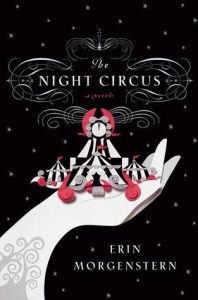 Additionally, this book reminded me of a Russian YA version of
Additionally, this book reminded me of a Russian YA version of 